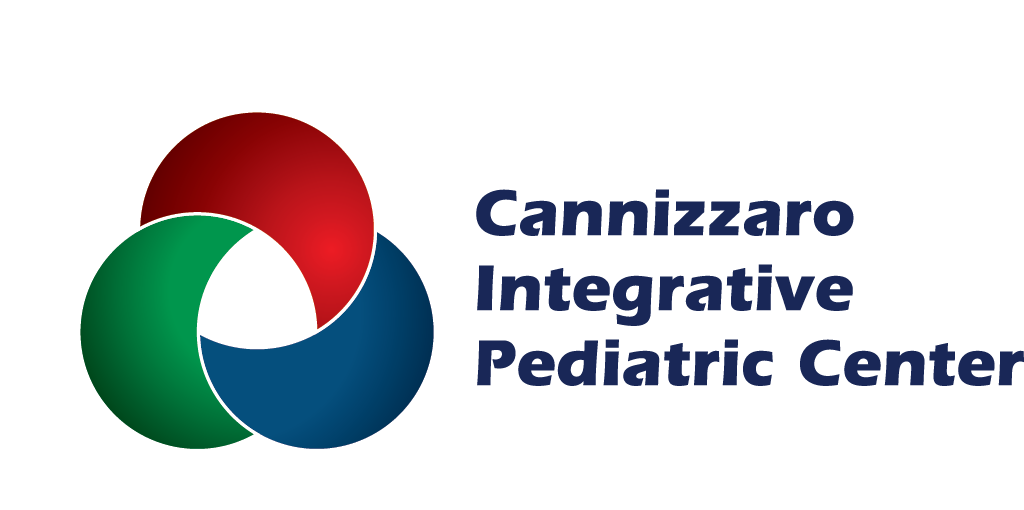
Prevention of disease isn’t something we think a lot about during our busy lives. Sure, we may build in some good habits, like brushing our teeth and trying to eat better. But the fact remains that billions of dollars are spent every year looking for the cures to cancer, diabetes, heart disease and other devastating afflictions that plague us.
While we all appreciate the noble efforts of research scientists, perhaps our focus has been a bit skewed. Not that we should give up our quest for effective treatments, but rather that we bolster our understanding of creating and maintaining health.
Why fight an uphill battle to regain health and wellness when taking positive, proactive steps to drastically reduce your chances of getting ill makes more sense? There are no guarantees in life. But you can significantly improve your odds of living your healthiest life by adopting better habits and educating yourself on the steps that lead to longevity.
Myth: Prevention Won’t Work if a Disease is “In My Genes”
Many people feel that their efforts are useless if a disease runs in their family. They believe that since their parents and grandparents developed heart disease, diabetes or cancer, they are destined for the same. They feel helpless in their fight against fate.
Consider prevention differently. If you live in the “rust belt” of the US, odds are good that your automobile will develop some body damage over its lifetime. Does this mean that you never wash your car because it’s going to rust out anyway? Of course not! If you care about your car, you’ll fight extra hard to protect it so that it can serve you longer.
Most of the top killers today are lifestyle related, regardless of your family history. Just because you inherit the genes doesn’t mean that you must continue the lifestyle. To illustrate, epigenetics is the study of how cells control gene activity without changing the DNA sequence. “Epi-” means “on or above” in Greek, and “epigenetic” describes factors “beyond the genetic code.” Epigenetic changes are modifications to DNA that regulate whether genes are turned on or off. To simplify, there’s a saying in the prevention world: “Your DNA cocks the hammer, but your lifestyle pulls the trigger.”
A Lifestyle of Integrative Medicine
Cardiovascular disease, cancer, diabetes, auto-immune disorders . . . all these conditions are impacted by diet, lifestyle habits, depressed nervous systems, our home environments and other factors. Until we shift from the curing of disease to the propagation of health, history is destined to repeat itself.
That is why we practice integrative medicine. Our goal is to support our patients’ overall health by setting up the immune system for success, which means it will do its job effectively and overcome the factors of disease when tested! No one can prevent exposure to the numerous “attacks” on our health every day, but we can make sure our “armor” works! We find this a much better plan than waiting for immune system failures and treating a chronic disease later!
Remember, the body has the capacity to heal if it maintains the proper balance. The key to staying healthy is not to apply “cures” from the outside, but rather to address the core causes of disease first, then protect the body with layers of healthy, productive lifestyle habits.
Image Copyright: 123rf/pixelsaway





